Judge grants stay in town’s water case
MOORESVILLE – Mooresville’s attempt to purchase the water system in the town from Indiana American Water through a condemnation process will have to wait until the company’s lawsuit against the town is settled, a judge ruled last week. Indiana American’s lawsuit against the town was moved in October to the United States District Court for the Southern District and alleges the town violated the company’s due process rights and the open door law.
On Friday, Judge Jeffrey V. Boles, who presides in Hendricks County, issued a stay of proceedings. Boles is hearing the condemnation case in Morgan Superior Court at the state level.
According to the order filed Friday, the stay is in response to the town’s motion for summary judgement on the matter until IAWC’s federal court case against the town’s handling of the condemnation process is resolved. The town’s lawsuit for condemnation was filed in December 2012. Town officials offered IAWC a price of $6.5 million, which the water company turned down.
In a statement by IAWC president Alan DeBoy, he said the company is “obviously pleased with the court’s ruling to stay all proceedings in the Mooresville Town Council’s condemnation lawsuit against us until the issues that have been raised in our federal case against the town council have been resolved.
“We stand by our arguments and filings regarding the town council’s actions related to due process, access to public records and numerous other matters.”
Town Council president George Watkins said Monday he had not yet spoken to attorney J. Christopher Janak of the Bose, McKinney and Evans law firm on what this means for the town’s attempt to purchase the water operation. He said he had not been informed of the stay and needed more information to comment.
IAWC spokesman Joe Loughmiller said the order and some other briefs explain the reasoning behind the stay.
The Indiana Supreme Court allows two mutually exclusive methods in which a municipality may condemn a utility’s property. It can pass an ordinance under Ind. Code 8-1.5-2-15(a) and then file lawsuit seeking condemnation in the circuit or superior court (Title 8 Track). The other option is to follow the eminent domain procedure established by Ind. Code 32-24 (Title 32 Track).
Judge Boles’ decision considers the fact that Mooresville began its water takeover process by passing a condemnation ordinance, which is permitted in the Title 8 Track. But the town is seeking a “show cause” hearing as to why the utility should not be sold and has sought the appointment of appraisers. Both these actions are only permissable in the Title 32 Track.
In order to use the Title 32 Track, the town was supposed to satisfy certain conditions: such as filing the complaint with the clerk of the circuit court of the county where the property is located, include a specific description of each piece of property sought to be acquired (whole or part of the parcel) and give proper notice through specific language and a specific form outlined in Ind. Code 32-24-1-6.
Thus, IAWC argues that Mooresville cannot use Title 32 Track in its condemnation of the water property because it didn’t follow all the rules or meet all the requirements. The town is also being accused of not following due process by informing the company of its intentions and also by holding a prejudicial public hearing leading up to it.
According to Boles’ order, the two parties can revisit the condemnation lawsuit in 60 days. Then they may confer and communicate with the Hendricks County Circuit Court in writing the status of the federal cases so that the Indiana trial court can finish the water case.
By Amy Hillenburg | Reporter | Published June, 6th 2013 in The Reporter Times


Comments
No Comments